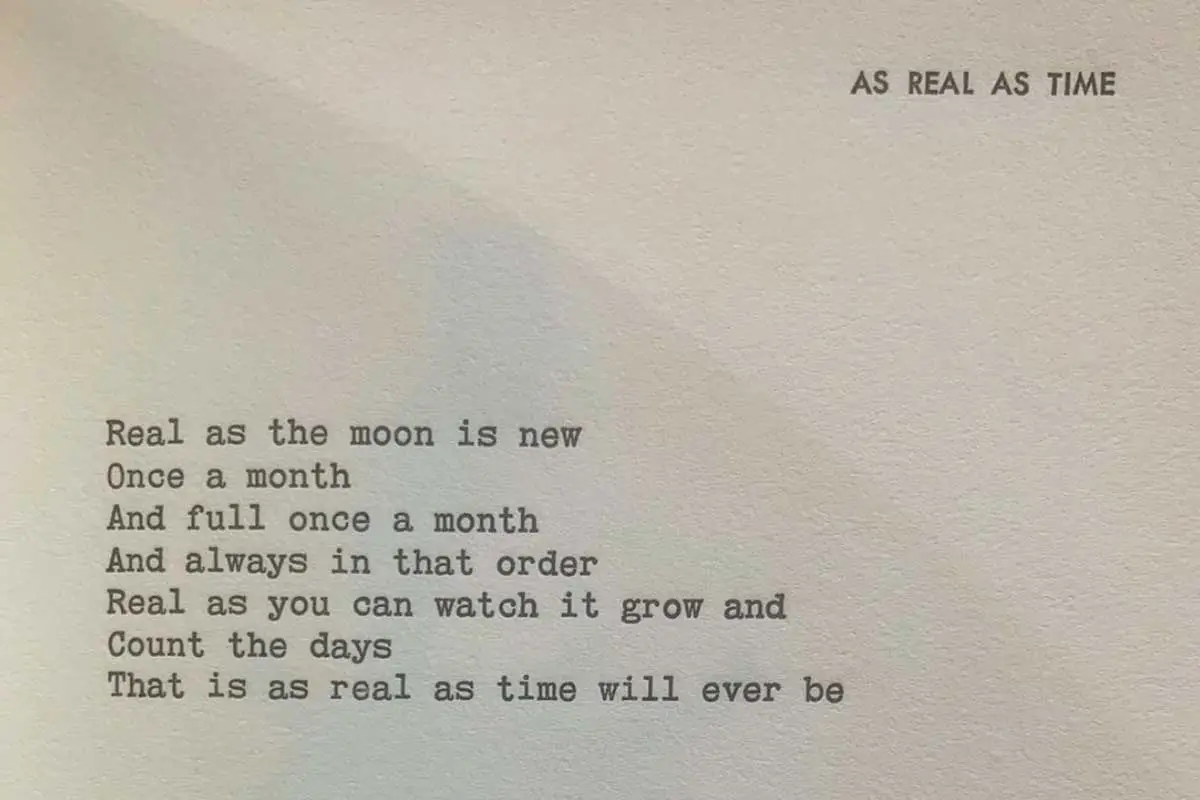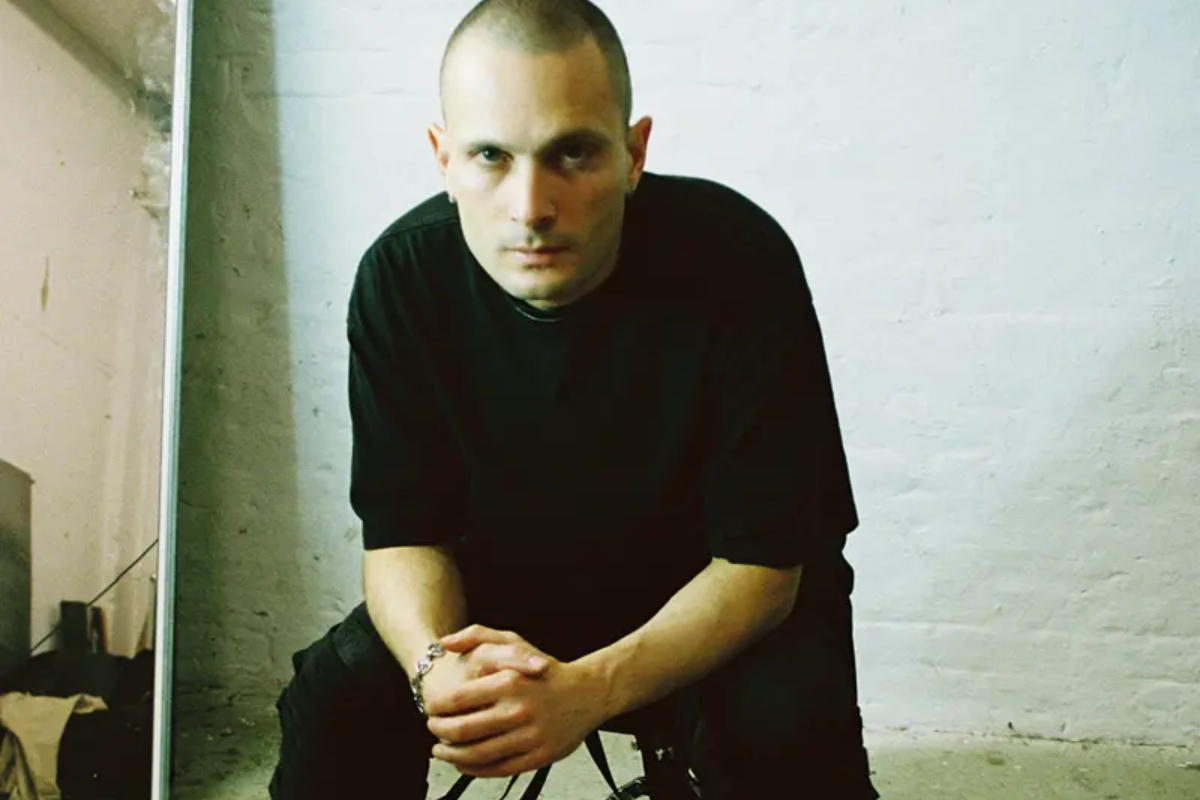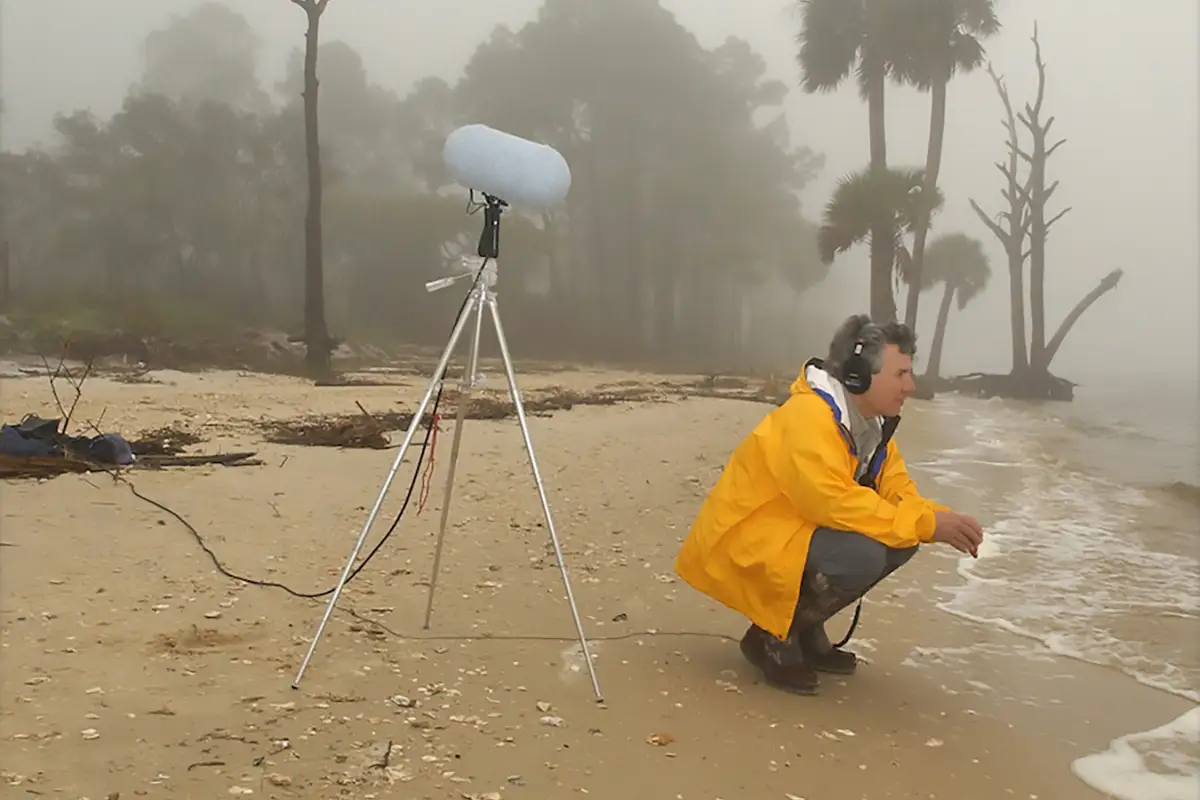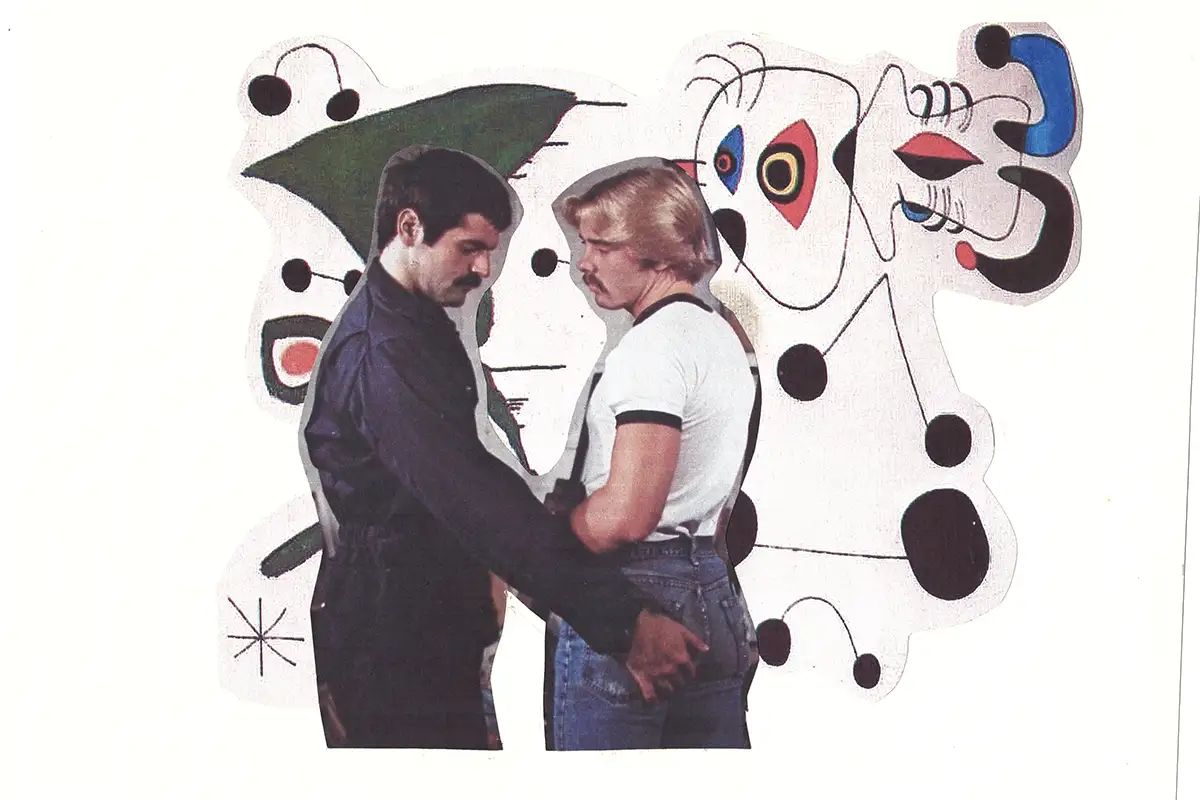The kind of love for Mia Moretti: «the one that makes you see that in yourself and makes you want to grow to take yourself on a journey of growth»
Low Touch Economy – Mia Moretti
Adam Smith, an economist and philosopher from Scotland in the eighteenth century, founded gross domestic product, the monetary value of the goods and services produced in a country during a period: He theorized compensating wage differentials – when jobs perceived with danger pay high wages to lure in more laborers. Smith wrote also about the self-regulation of the competition and about the non-interference of the government in tariffs, the taxes, unless under the intention of protecting the free-market competition. After attributions to his work paved a way to his book The Wealth of Nations, his conceptions birthed the field of economics under social sciences, the study of human society and relationships, drawn from science to theorize and explain the behavior of the individuals and the markets.
Within the study of human relationships and the consumption, production, and exchanges in a community, Mia Moretti titles her volume Low Touch Economy: an anthology of poems on nostalgia, romance, affairs, and self, a compass that directs and finds love. While listening to a podcast episode one morning, Moretti heard the anchor discuss low touch economy, the strategies and operations of enterprises across the globe in lieu of the pandemic, the shifts in the consumers’ behaviors, regulations and supply chains, the business models catered to the pandemic, the reduction, if not elimination, of contact in sales and services, the digitization of work and processes, and the transformation of workplace from office to home. As the terminology made an impression on Moretti, «it haunted me. I started writing the poems in March, the early days of the pandemic, and the title depicts the future of less one-to-one contact, less intimacy, less touch, contrary to the world I live in. It does not have to be like this all the time. The anthology may be an encouragement to self and others that we will get out of this».
Writing therapy
Journaling, the act of jotting down reflections and ideas on a paper, doubles as a writing therapy, the allowance of people to identify their emotions and stress, find the equilibrium in such, boost memory, inspire creativity, create a ground for self-reflection, alleviate the symptoms of mental exhaustion, strengthen the immune system, and regulate blood pressure.
Liza Voloshin is a director of documentaries and narrative film – she sits down with Moretti to converse about the anthology: «Most people know you as a curator of music. You are introspective and have the capability to create art and beauty in personal lives and transform them in words. We spent late nights together writing poems over glasses of wine. You have been writing for a period, and this is the first time you have published your words. What compelled you to bring all those journals and typewriter pages out into the world for people to hold in their hands?» to which Moretti responds, «Poetry has been a form of journaling for as long as I can remember. During this period, I have been recollecting reminisces and rediscovering pieces I have written for the past years. When I write down a stanza or a poem on a paper and return to them after days or weeks, I forget them, the therapeutic part of writing it, extracting it out of me. As a DJ, I share a piece of myself every night to my audience. It makes me alive and whole from the thrill, the energy in the room emits freedom. I did not realize how much it fulfilled me, and I wanted to fill the void. When I shared the poems, I felt it again, the exchange of stories and gestures, reconnecting while interpreting in ways, even though this period may feel isolating».
The heart’s cycle
Moretti portrayed the heart as a rose tree in Jerusalem, blooming in a courtyard for decades, alone but surviving, letting her heart open again and closing a cycle. Matthew Hoffman, a practitioner of intensive care medicine, explores the cycle of the heart: the right atrium, the cavity of the heart, welcomes blood from the veins before pumping it to the right ventricle, the chamber of the heart, before it receives the blood and pumps it to the lungs, the core of oxygen, while the left atrium obtains the blood with oxygen from the lungs then transporting it to the left ventricle, and the left ventricle pumps this blood to the rest of the body, the creation of blood pressure, the disruption may cause a heart condition, for instance the broken heart syndrome.
In Moretti’s book, this syndrome reverberates, a cardiomyopathy from stress or takotsubo cardiomyopathy, the ties between mental health, depression and heart diseases, where a part of the heart enlarges and fails to pump while the rest contracts. After the bout of stress in a break-up or argument, the broken heart syndrome disrupts the function and flow of the heart, the cause of angina, the chest pain, and shortness of breath, the interpretation of Moretti in the equilibrium in love that wavers with doubts and questions, bliss and devotion, the broken heart syndrome on the verge, in My Little Tired Heart:
And that’s when my little tired heart
Just about got ripped apart
Oh, how I wish this wasn’t true
Oh, how I wish this wasn’t you.
Contrary to the pitfalls in relationships, Moretti discusses synchronicity in love:
We were one
Until we were two
That’s when we knew
That’s when we flew.
An emotional synchronicity
Sue Johnson, a clinical psychologist and the author of Hold Me Tight: Seven Conversations for a Lifetime of Love, finds emotional responsiveness, the delivery of a sign and the responses received from such a cue, as the formula to relationships that may span for decades, the sensation of falling in love again, a root of emotional synchronicity to prevent the disconnection from emotions resulting in dejection, rejection, and defensiveness with withdrawal.
While Johnson founded Emotional Focused Therapy, the couples’ bond through conversations of needs without criticism, Moretti provides encouragement in Low Touch Economy to open up and ponder. «We Flew touches more on the self-synchronicity an individual brings to a relationship. I penned this after a break-up. What we had for a period, we were one and our bodies wrapped, shifted until we reflected two bodies in a bed, living personal lives, the magic flew, and our acknowledgement of what ended, our ability to set it free, the beauty of love in falling out of love».
Just one thing
Anticipation and longing. Rick Hanson, a psychologist and the author of Just One Thing: Developing a Buddha Brain One Simple Practice at a Time, coined JOT, just one thing, a series to simplify the process of the brain in three stages: reptile, the brainstem and prevention from harm, mammal, subcortex and the approach to rewards, and primate, neocortex and one’s attachment to us. In JOT, pet the lizard soothes the structures of the brain and manages fear, feed the mouse addresses the neural systems of rewards and fulfillment, and hug the monkey, the absorption of love, immersing in the presence of someone and opening one’s body, heart, and mind to their care and affection. We can find a kind of, the reflection of Moretti’s poetry in Temporary Homes:,
«I built a dozen loves
/ But none of them kneww /
They were just temporary homes
/ While my heart waited for you».
Voloshin reflects «These poems, including those about onions, olives, and squashes, concern love. The flip side of love poems is ruminating about heartbreak. Why are you writing about love and heartbreak, and searching for and losing love?» In her Moretti’s description:, «I write so much about searching and holding, fantasizing about love, since I did not know how to hold it. In writing poetry about love, I can just write and not need to make it work, to figure it out, to share a love with someone. Poetry as a dream of love one finds everywhere, even at a farmer’s market». Memories.
They become stored in neurons, the nerve cells, their interconnectedness respond to a stimulus, a recognition of the familiar. Memory consolidation prolongs the storage of memories through which long-term potentiation, individual nerves alter and grow by themselves and converse with other nerves, takes place. In rehashing a memory, the parts of the brain communicate with nerves inclusive of the brain cortex, the core of high-level information processes, regions of our raw inputs, and the medial temporal lobe, the coordinator of the process.
Daniel Simons, a psychology professor at the University of Illinois, and Christopher Chabris, a senior investigator at Geisinger Health System have studied how the retrieval of a memory may run the risk of altering it; the bit becomes rewritten every time one remembers it. T, the longing rewrites the memory in Moretti’s Human Code, each retrieval from the memory storage leads to the strengthening of the yearning. «In my mind / On my body / Inside my soul». Her human code, the ethics, philosophies, and ways of life, shifts from homogeneity, by herself, to duology, the partner, «It could also be two / And that also / Was you». Voloshin inquires «When you read and when you wrote the poems, do they remind you of the moment or person, or once you have birthed them, they turn into something else?» and Moretti replies with «They are real just like any other memory, dinner, party, or vacation, no difference between the real and the fantasy world».
Gutenberg, learning by doing
In the 1430s, Johannes Gutenberg, a German goldsmith and inventor, turned to printing as his source of earnings. Between the 1300s and 1400s, printing had developed which involved images and letters on blocks of wood, dipped into the ink and pressed onto paper. Drawing from the history of printing, Gutenberg thought of placing blocks in a machine before stamping them on paper, easing the process of printing and reproduction of texts. He veered off from using wood as he employed metal, the coinage of moveable type machine, the metal block letters budge to form new words and letters. Through his invention, Gutenberg piloted a book in print, the Bible in reproduction. Since then, the printing press has worked through a frame, in reverse and the case of the letter blocks, the slabs soak in the ink before being pressed onto paper, passing through a roller to guarantee the transfer of ink, made by hand. Letterpress, or hand-pressed, share the same procedure as Gutenberg’s, an operator commands the movable type, apply ink, and press the blocks onto the paper, the process by hand to manifest a handmade print. Voloshin wonders «How did you manage to self-publish collections of poems in the middle of the pandemic?»
In Los Angeles, California, Aardvark Letterpress hand pressed Moretti’s poetry collection on one-hundred percent cotton paper in three-hundred copies as the author turned local for Low Touch Economy, immersing herself from writing the pieces to overseeing the printing. Voloshin adds «They are not just books, but individual works of art: hand-pressed and hand-touched in limited editions that has become objects of art». Moretti continues with «Having all the time during lockdown, I spent it making the book the way I imagined it and reaped the result as that: it came out how I imagined it, the weight, the design, the text and the alignments. Publishing and printing a book mirrors meditation, a process that brews». In science reports, love leads to less depression and substance abuse, lower blood pressure, less anxiety, enhanced self and stress management, few colds, quick regeneration, and a life full of happiness and prolongation. In Mia Moretti’s Low Touch Economy, «love is a shelf that holds you, a mirror, a reflection, to see yourself, and the wheels on a bike or a car that help you get to another place. The best type of love is the one that makes you see that in yourself and makes you want to grow to take yourself on a journey of growth».
Mia Moretti
Poet, songwriter and DJ. She has played for Fendi, Louis Vuitton, Armani and Dior, has collaborated with MAC, Tommy Hilfiger and Hogan, and has played and opened tours for Katy Perry. Her recent anthology Low Touch Economy Volume Two underscores the theme of love, following the first volume that touches on time. Her compendiums are. The book is hand-pressed on 100% cotton paper and the first editions are limited to three-hundred copies.
Liza Voloshin
Director of documentaries and narrative film installations, a co-founder of chez conversations, a co-creator of the Pillows and Plates series, and a friend of Moretti.




















